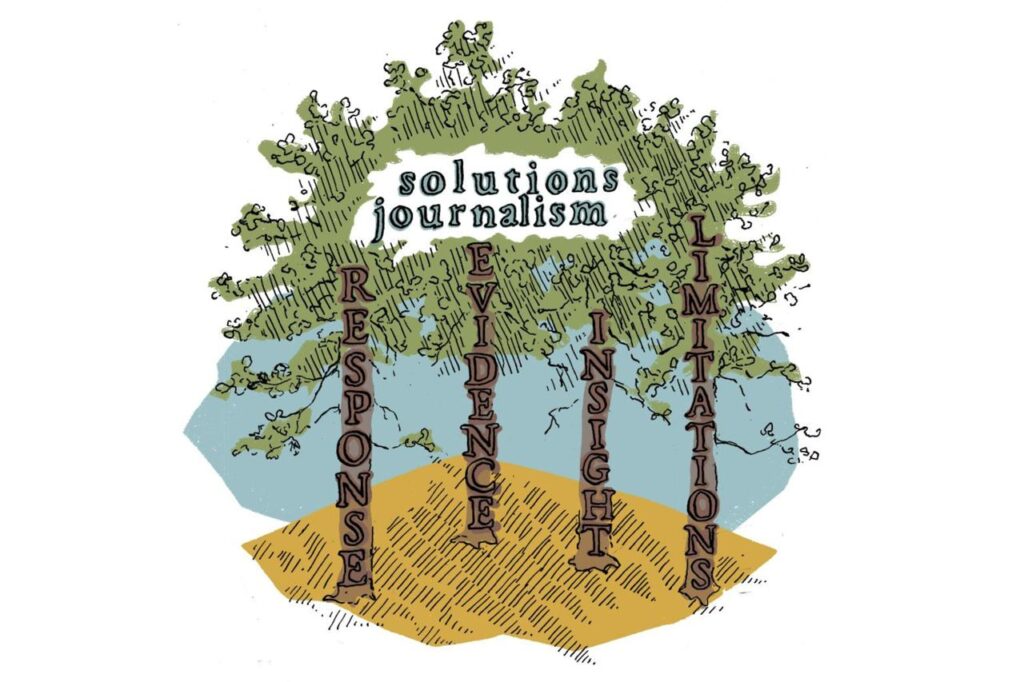Researchers in Australia say replacing doom-heavy environmental reporting with hopeful, solutions-driven journalism could inspire more people to take action on climate change and biodiversity loss.
Award-winning research from Charles Darwin University says stories which emphasise possibility, shared values and collective care are more effective than those filled with fear and despair.
The approach, called Positive Environmental Journalism (PEJ), reframes challenges through hope and empowerment.
Awni Etaywe, a linguistics lecturer at the university, says the findings are clear: “If people are constantly told the situation is hopeless, they disengage. When we focus on solutions, shared values, and tangible actions, we open the door to lasting behavioural change.”
From fear to belonging
The study analysed 30 digital news stories published by outlets including ABC News Online, Guardian Australia and News.com.au.
It found that the most engaging stories built what the researchers call eco-cultural bonds — a sense of connection between people and the natural world that links identity with action.
Instead of amplifying catastrophe, stories that highlighted shared responsibility and practical solutions encouraged readers to see themselves as part of the solution.
“PEJ fosters hope, moral obligation and pro-environmental action,” Dr Etaywe explained. “It is about building solidarity, not fear, in the face of our environmental crisis.”
Empowering audiences
Jennifer Pinkerton, a media and journalism lecturer and co-author of the study, said audiences respond when they are invited to participate.
“People engage when they feel respected and informed. Positive Environmental Journalism brings readers into the story as active participants, not passive bystanders,” she said.
The study, titled Building bonds and reader engagement through positive environmental journalism in Australia, received the Top Paper Award at the International Environmental Communication Association’s biennial conference earlier this year.
For Etaywe, the recognition is more than academic. He describes the findings as a practical roadmap for journalists everywhere.
“If we want audiences to act, we need to tell stories that show change is possible,” he said.










